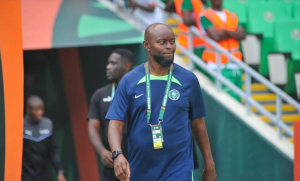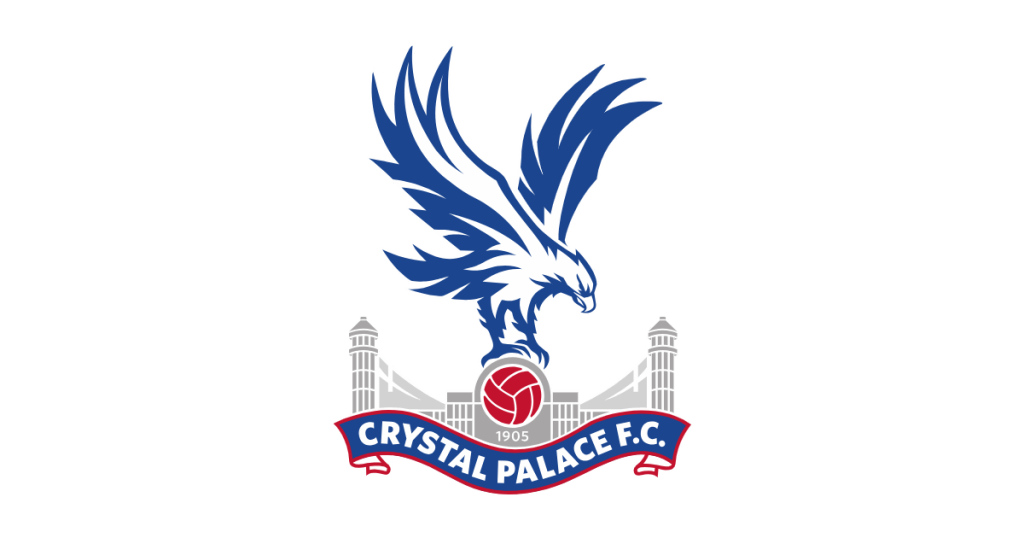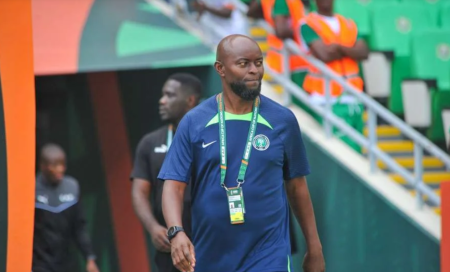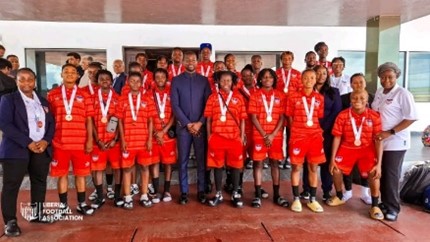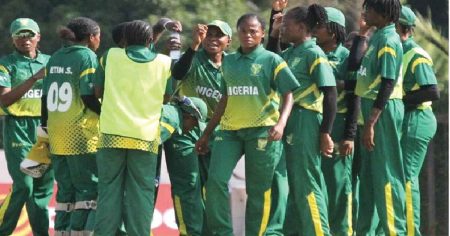Crystal Palace Football Club’s foray into European competition has taken an unexpected and disappointing turn. Despite qualifying for the Europa League by virtue of their historic FA Cup triumph—the club’s first major trophy—UEFA has relegated them to the Conference League due to a breach of multi-club ownership rules. This decision stems from the involvement of US businessman John Textor, who holds a significant stake in both Crystal Palace and French club Lyon, both of which qualified for the Europa League last season. UEFA regulations prohibit clubs with shared ownership from participating in the same competition, leading to Palace’s demotion.
The crux of the matter lies in UEFA’s multi-club ownership regulations, designed to prevent conflicts of interest and maintain competitive balance within European competitions. These rules stipulate that if two clubs under common ownership qualify for the same UEFA competition, the club with the lower domestic league finishing position will be moved to a different competition or, in certain cases, excluded altogether. As Lyon finished higher in Ligue 1 than Crystal Palace in the Premier League, UEFA deemed it appropriate for Lyon to retain their Europa League spot, relegating Palace to the Conference League. This decision, while adhering to the letter of the regulations, has sparked controversy and disappointment among Palace supporters, who were looking forward to their team’s participation in a higher-tier European competition.
Adding further complexity to the situation is the timing of John Textor’s agreement to sell his stake in Crystal Palace to Woody Johnson, owner of the New York Jets. While this divestiture would seemingly resolve the ownership conflict, the deal had not been finalized by UEFA’s March 1st deadline for resolving such issues. This meant that, from a regulatory standpoint, the multi-club ownership conflict remained in place at the time UEFA made their decision. The delayed completion of the sale has left Palace in a precarious position, highlighting the strict adherence to deadlines within UEFA’s regulatory framework.
Compounding Palace’s predicament was a separate, unrelated case involving Lyon’s financial stability. Initially relegated to the second tier of French football due to financial concerns, Lyon successfully appealed the decision, allowing them to remain in Ligue 1. This appeal process, however, delayed UEFA’s decision on Palace’s European fate, creating further uncertainty and extending the period in which Palace remained in limbo regarding their European competition status. The intertwining of these separate cases underscores the complexities of navigating UEFA’s regulatory landscape.
The repercussions of UEFA’s decision extend beyond Crystal Palace. Nottingham Forest, who had initially qualified for the Conference League by virtue of their seventh-place finish in the Premier League, will now take Palace’s place in the Europa League. This unexpected promotion for Forest presents them with a more prestigious and financially rewarding opportunity in European competition, while further highlighting the significant impact of UEFA’s ruling on the European football landscape. The ripple effect of this decision underscores the interconnectedness of club fates within the UEFA competition structure.
Crystal Palace are expected to appeal the decision to the Court of Arbitration for Sport (CAS), hoping to overturn UEFA’s ruling and secure their place in the Europa League. The club believes that the circumstances surrounding the ownership situation, particularly the pending sale of Textor’s stake, warrant a reconsideration of UEFA’s decision. The appeal process will likely involve a detailed examination of the regulations, the timing of the ownership changes, and the overall impact on the integrity of the competition. The outcome of this appeal will not only determine Palace’s European fate but also potentially set a precedent for future cases involving multi-club ownership. The situation underscores the ongoing debate surrounding multi-club ownership in football and its potential impact on the competitive balance and integrity of the game.


